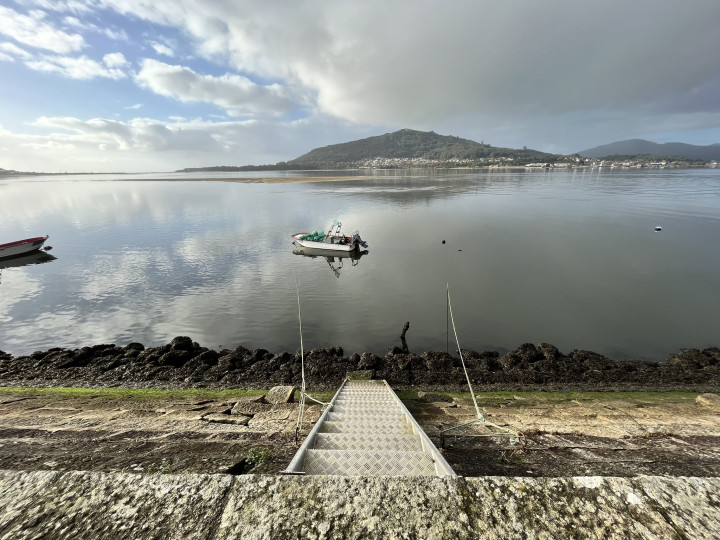Dossier: Researching Green Criminology in Europe (3)

Green criminology refers to the study of environmental crimes and harms affecting human and non‐human life, ecosystems, and the biosphere. This entails the exploration and analysis of the causes, consequences and pervasiveness of environmental crimes and harms, the responses to and prevention of environmental crimes and harms by legal systems (civil, criminal, regulatory) and by nongovernmental entities and social movements, as well as the way(s) in which environmental crimes and harms are constructed, represented and envisioned by news media (online, print, etc.) and social media and in popular cultural forms (e.g., art, books, films). Although this “sub-field” of or “perspective” within criminology is in (at least) its fourth decade, green criminology is still evolving, and interest in particular environmental problems continues to increase.
For example, at the 15th Annual Conference of the European Society of Criminology (ESC) in Porto, Portugal, only a handful Southern European researchers presented work dealing with environmental crimes and harms. By the time the next ESC conference was held at a Southern European venue—Málaga, Spain, in 2022 and, then Florence, Italy, in 2023—the situation had changed dramatically. Today, the number of Southern European researchers studying issues in green criminology is soaring, which reflects heightened awareness regarding threats to Earth’s ecosystems and species, and growing recognition that criminology has much to contribute to our understanding of these crises and to ways of addressing them.
Previous issues of this newsletter have highlighted the emergence and development of green criminology at the Criminology Department of the Erasmus University Rotterdam (Erasmus Universiteit Rotterdam) and in Scandinavia. Here, we note just some of the recent research on environmental crimes and harms in three Southern European countries—Italy, Portugal, and Spain.
In Italy, Phillip William Screen, Serena Favarin, and Cosimo Sidoti of Transcrime (the Joint Research Centre on Innovation and Crime of the Università Cattolica del Sacro Cuore, the Alma Mater Studiorum – Università di Bologna, and the Università degli Studi di Perugia) have undertaken empirical research on the investigation procedures of law enforcement agencies for waste crimes. Emilia Ziosi of the University of Milan (Università degli Studi di Milano) has turned her gaze skyward, contemplating current and future space-related environmental harms. In addition, we call attention to two books by Lorenzo Natali of the University of Milano-Bicocca (Università degli Studi di Milano-Bicocca), Green criminology: Prospettive emergenti sui crimini ambientali (2015) and A Visual Approach for Green Criminology: Exploring the Social Perception of Environmental Harm (2016), as well as to the recent monograph, Policing Environmental Protest: Power and Resistance in Pandemic Times, by Anna Di Ronco of the University of Essex.
In Portugal, Rita Faria of the University of Porto (Universidade do Porto), long known for her work on white-collar crime, research ethics, and qualitative methods, has moved into the area of illegal, unreported and unregulated (IUU) fishing. At a seminar entitled “Environmental Crime and Gender,” held the day before the ESC conference in Málaga in 2022, Dr. Faria discussed the intersection of IUU fishing and hegemonic masculinities in Southern European societies, bringing an added dimension to our understanding of the nexus of wildlife crime and gender.
Finally, the Green Criminology Working Group (Criminología Verde) of the Spanish Society of Criminological Research (Sociedad Española de Investigación Criminológica or SEIC), founded in 2021, is actively engaged in promoting activities aimed at increasing and making visible the work done for the field by SEIC members. Among other endeavors, the group has organized a special issue on green criminology in the Revista Española de Investigación Criminológica (REIC). This special issue includes, inter alia, articles on the laundering and black-washing of wildlife in Spain and other European countries, by Aitor Ibáñez Alonso of KU Leuven (Katholieke Universiteit Leuven) and Daan van Uhm of Utrecht University (Universiteit Utrecht); the role of Spain in the global supply-chain of trafficked wildlife by Mònica Pons Hernández of the University Rovira i Virgili (Universitat Rovira i Virgili); the illegal dumping of solid waste in Mérida (Badajoz) by Lorea Arenas García of the University of Extremadura (Universidad de Extremadura); and restorative justice for crimes against ecosystems and nonhuman animals by Gemma Varona, based in the University of the Basque Country (Euskal Herriko Unibertsitatea or Universidad del País Vasco), which drew on interviews of individuals convicted in Catalonia and the Basque Country.
The above-mentioned research and scholarship represent just the tip of the proverbial iceberg. While the polar ice sheets are shrinking at an alarmingly rapid rate, green criminology is tracking in the opposite direction, and there is an increased amount of environmental crime and harm that needs to be investigated, examined, and assessed around the world and, for our purposes, in Europe, in particular. Examples include climate change-induced heat waves, offenses to and against wildlife, habitat loss due to (poor) urban planning, and the role of Europe in exporting harm (e.g., waste) to the Global South. The list continues, but opportunities for criminologists to engage with such issues abound.

